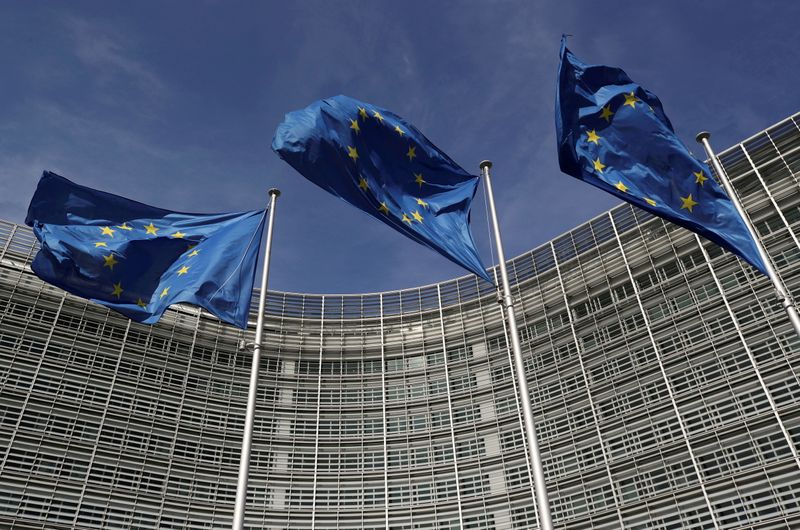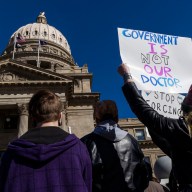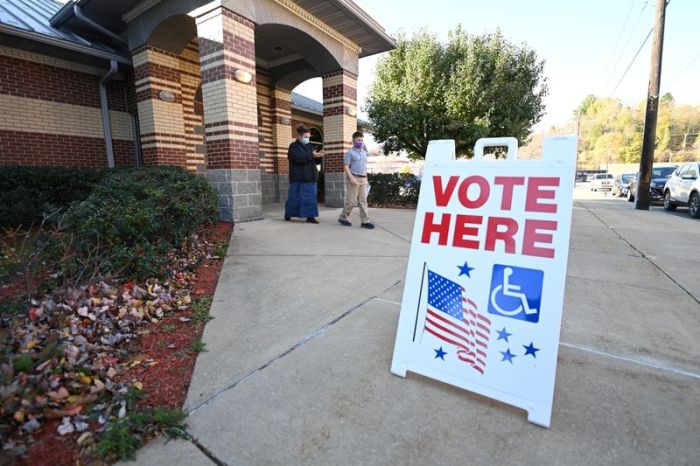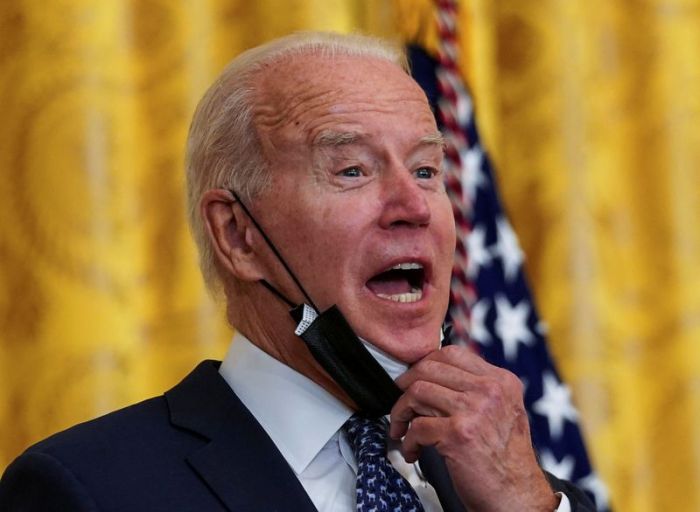BRDO, Slovenia (Reuters) -European Union finance ministers said on Friday that changes to EU budget rules, now under review, should support investment in the post-pandemic economy and allow for a more realistic path in cutting some countries’ huge public debts.
Finance ministers from the 27-nation bloc are starting discussions during a two-day summit in the Slovenian town of Brdo on how to amend the rules to better fit changed economic realities once they are reinstated from 2023.
“We will need a debt reduction path that is realistic for all member states. We need to balance fiscal sustainability with the need to support the economic recovery,” European Commission Vice President Valdis Dombrovskis said as he entered the talks.
The rules, which set limits on borrowing by European governments to protect the value of the euro, are suspended until the end of 2022 to give member states more leeway in fighting the economic slump caused by the coronavirus pandemic.
Discussions on changing them are likely to last well into next year, but some common themes are already emerging, such as the need to protect government investment, usually the first victim of any expenditure cuts during crises.
“We need to avoid what happened in the previous crisis when public investments year by year reached level zero,” EU Economic Commissioner Paolo Gentiloni said as he arrived at the meeting.
“This cannot happen in the next years and this is also the reason why tomorrow we will have a discussion on the fiscal rules related to investments,” he said, adding that building consensus on the changes would be “a big effort”.
“Green” investment, aimed at reducing Europe’s net CO2 emissions to the target of zero by 2050, should get special treatment, some argue, and even be exempt from EU deficit calculations. French Finance Minister Bruno le Maire said on entering the talks that it was an idea worth discussing.
Talks on EU fiscal rules are politically sensitive because of a lack of trust between traditionally more fiscally frugal northern EU countries and what they see as more profligate southern nations, a rift exacerbated by the sovereign debt crisis of 2010-2015.
The more fiscally frugal fear others will take advantage of any exemptions from deficit calculations and piggyback on those more stringent with spending, especially as criteria for what constitutes “green” spending might be difficult to define.
Currently, the rules say that governments should not run budget deficits higher than 3% of GDP and should keep debt below 60% of GDP. If debt is higher, it should be reduced every year by 1/20th of the excess above the 60% limit.
But some countries, like Italy, have debt of 160 percent of national output, making an annual reduction of 5 percentage points unrealistic, especially if the country is to invest heavily in turning its economy “green” and more digitalised.
Olaf Scholz, who could become the first centre-left chancellor of Germany, Europe’s economic powerhouse, for 16 years if his party wins a national election on Sept. 26 as polls suggest, showed little appetite for a big reform.
While the fiscal rules were flexible enough to allow massive spending during the COVID-19 crisis, they were also made to guarantee that public money is spent in a cautious way, said Scholz, who is currently German finance minister.
“Both aspects together are the right path of the centre for which I’m committing myself,” Scholz told reporters.
EU finance ministers from the Netherlands, Finland, Sweden Slovakia, Czech Republic, Austria, Denmark and Latvia, traditionally representing a more frugal approach to public spending, expressed cautious support for changing the rules.
“We are open to a debate on improving economic and fiscal governance, including the Stability and Growth Pact. While sticking to a rules-based fiscal framework, improvements should be made,” they wrote in a joint letter.
(Reporting by Jan Strupczewski and Michael Nienaber; Editing by Catherine Evans)



















